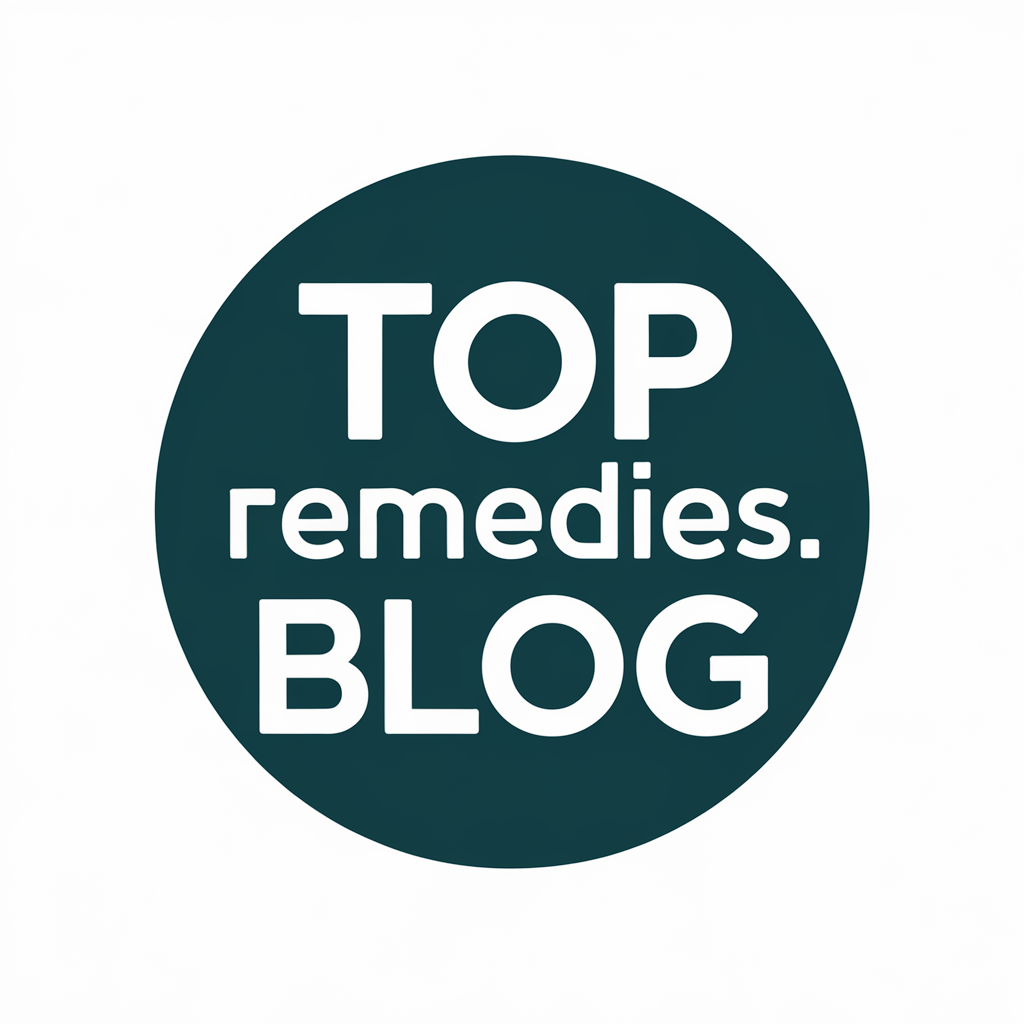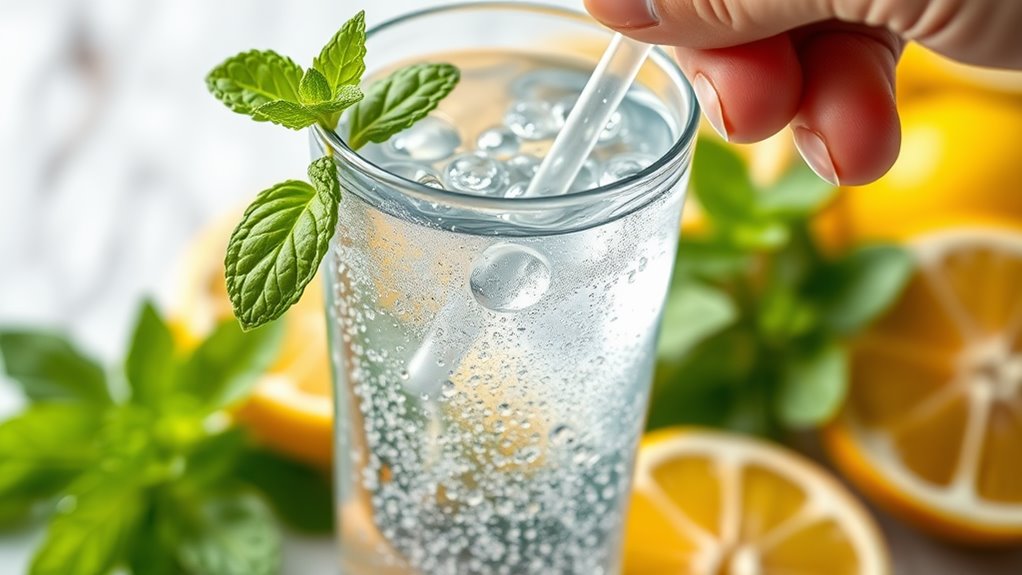Can’t Stop Dry Mouth. These 6 Simple Remedies Will Blow Your Mind!
If you’re struggling with dry mouth, try these six simple remedies! Start by staying hydrated; aim for at least eight glasses of water daily. Chew sugar-free gum or mints to boost saliva production. Using a humidifier at night can add moisture to the air. Aloe vera juice is also great for hydration and oral health. Avoid caffeine and alcohol, and practice good oral hygiene. Stick around to discover even more helpful tips to alleviate your discomfort!
Stay Hydrated: The Importance of Water
When you’re feeling parched, staying hydrated is crucial for combating dry mouth. Water acts as your body’s natural lubricant, ensuring your salivary glands function optimally.
By drinking sufficient water, you can achieve dry mouth instant relief, preventing discomfort and maintaining oral health. Aim for at least eight glasses a day, but adjust according to your activity level and climate.
If you’re exercising or in a dry environment, increase your intake even more. Keep a water bottle handy to remind you to sip throughout the day.
Avoid caffeine and alcohol, as they can worsen dehydration. Ultimately, prioritizing hydration will empower you to conquer dry mouth and enhance your overall well-being.
Stay proactive, and let water be your ally.
Chew Sugar-Free Gum or Mints
Chewing sugar-free gum or mints can be a simple yet effective way to alleviate dry mouth, as the act of chewing stimulates saliva production.
When you choose this remedy, consider the following benefits:
-
Increased Saliva Flow: The chewing motion triggers your salivary glands, helping to combat dryness.
-
Fresh Breath: Sugar-free options keep your breath pleasant without the risk of cavities.
-
Flavor Variety: With countless flavors available, you can enjoy a refreshing taste that keeps you engaged.
-
Convenience: Easy to carry and discreet, you can pop a piece whenever dryness strikes.
Use a Humidifier at Night
Using a humidifier at night can significantly improve dry mouth symptoms by adding moisture to the air you breathe. This simple addition to your nighttime routine can create a more comfortable sleeping environment, allowing your salivary glands to function better.
| Benefits of Using a Humidifier | How to Optimize Usage |
|---|---|
| Reduces dryness in the air | Place it near your bed |
| Promotes easier breathing | Keep it clean and filled |
| Enhances sleep quality | Use distilled water |
Try Aloe Vera Juice
If you’re looking for a natural way to combat dry mouth, trying aloe vera juice might be just what you need. This soothing elixir not only hydrates but also promotes oral health.
Here’s how to make the most of it:
-
Choose Pure Aloe Vera Juice: Look for organic, 100% pure aloe vera juice without added sugars or preservatives.
-
Drink Before Meals: Consuming it 30 minutes before meals can stimulate saliva production.
-
Mix it Up: Combine aloe vera juice with water or other juices for a refreshing drink.
-
Use as a Mouth Rinse: Swishing aloe vera juice in your mouth can help soothe irritation and keep your mouth moist.
Embrace aloe vera juice, and you’ll notice a significant improvement in your dry mouth symptoms.
Avoid Caffeine and Alcohol
While it’s tempting to reach for a cup of coffee or a glass of wine, avoiding caffeine and alcohol can significantly help alleviate dry mouth symptoms.
Both substances have diuretic properties, which means they can dehydrate your body and exacerbate the feeling of dryness in your mouth. Caffeine stimulates saliva production in small amounts, but overconsumption leads to increased thirst and reduced hydration.
Alcohol, on the other hand, can impair your body’s ability to produce saliva altogether. Instead, choose herbal teas or water to keep yourself hydrated.
Practice Good Oral Hygiene
Practicing good oral hygiene is essential for managing dry mouth, as it helps maintain a healthy environment in your mouth.
By following these key steps, you can enhance your oral health and alleviate discomfort:
-
Brush Twice Daily: Use fluoride toothpaste and a soft-bristled toothbrush to effectively remove plaque without damaging your gums.
-
Floss Regularly: Flossing removes food particles and plaque between teeth, preventing cavities and gum disease.
-
Use Mouthwash: Opt for an alcohol-free mouthwash to hydrate your mouth while killing bacteria.
-
Stay Hydrated: Drink plenty of water throughout the day to keep your mouth moist and flush away debris.
Frequently Asked Questions
What Are the Main Causes of Dry Mouth?
Dry mouth can stem from various causes, including dehydration, medication side effects, stress, and certain health conditions. Identifying the underlying issue helps you address it effectively, restoring your mouth’s moisture and comfort.
Can Dry Mouth Affect My Dental Health?
Yes, dry mouth can severely impact your dental health. It reduces saliva, which protects against decay and infection, leading to increased cavities and gum disease. Maintaining moisture is crucial for your oral hygiene and overall wellbeing.
Are There Medications That Worsen Dry Mouth?
Yes, certain medications can worsen dry mouth, including antihistamines, antidepressants, and blood pressure medications. If you’re experiencing this issue, consult your doctor to explore alternatives that won’t compromise your comfort or dental health.
How Does Stress Impact Dry Mouth Symptoms?
Stress can significantly worsen your dry mouth symptoms. When you’re stressed, your body produces less saliva, leaving you feeling parched. Managing stress through techniques like mindfulness and relaxation can help alleviate these uncomfortable symptoms.
When Should I See a Doctor for Dry Mouth?
If your dry mouth persists despite home remedies, causes difficulty swallowing, or leads to dental issues, it’s time to see a doctor. Early intervention can prevent complications and ensure you receive effective treatment tailored to your needs.

